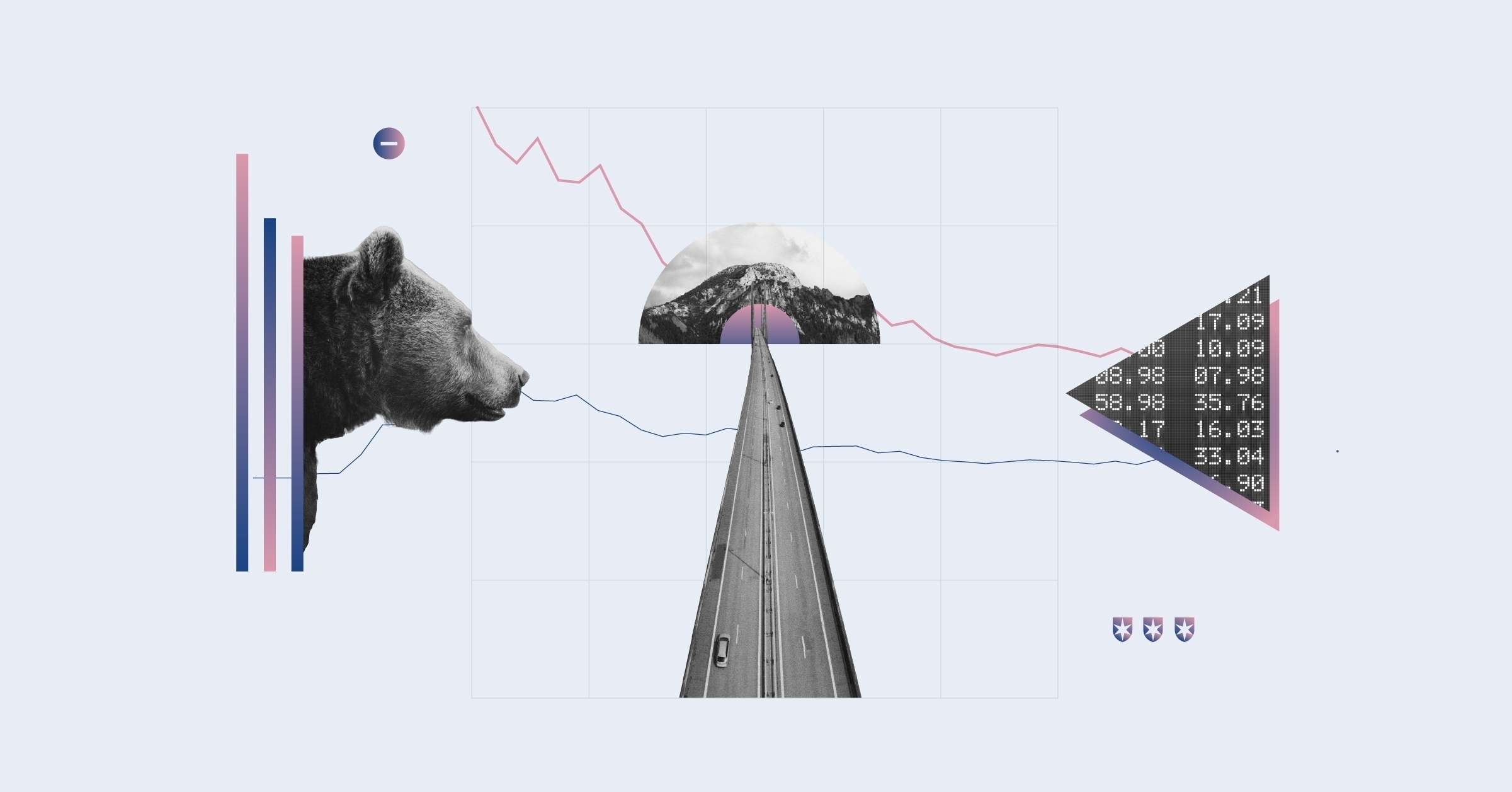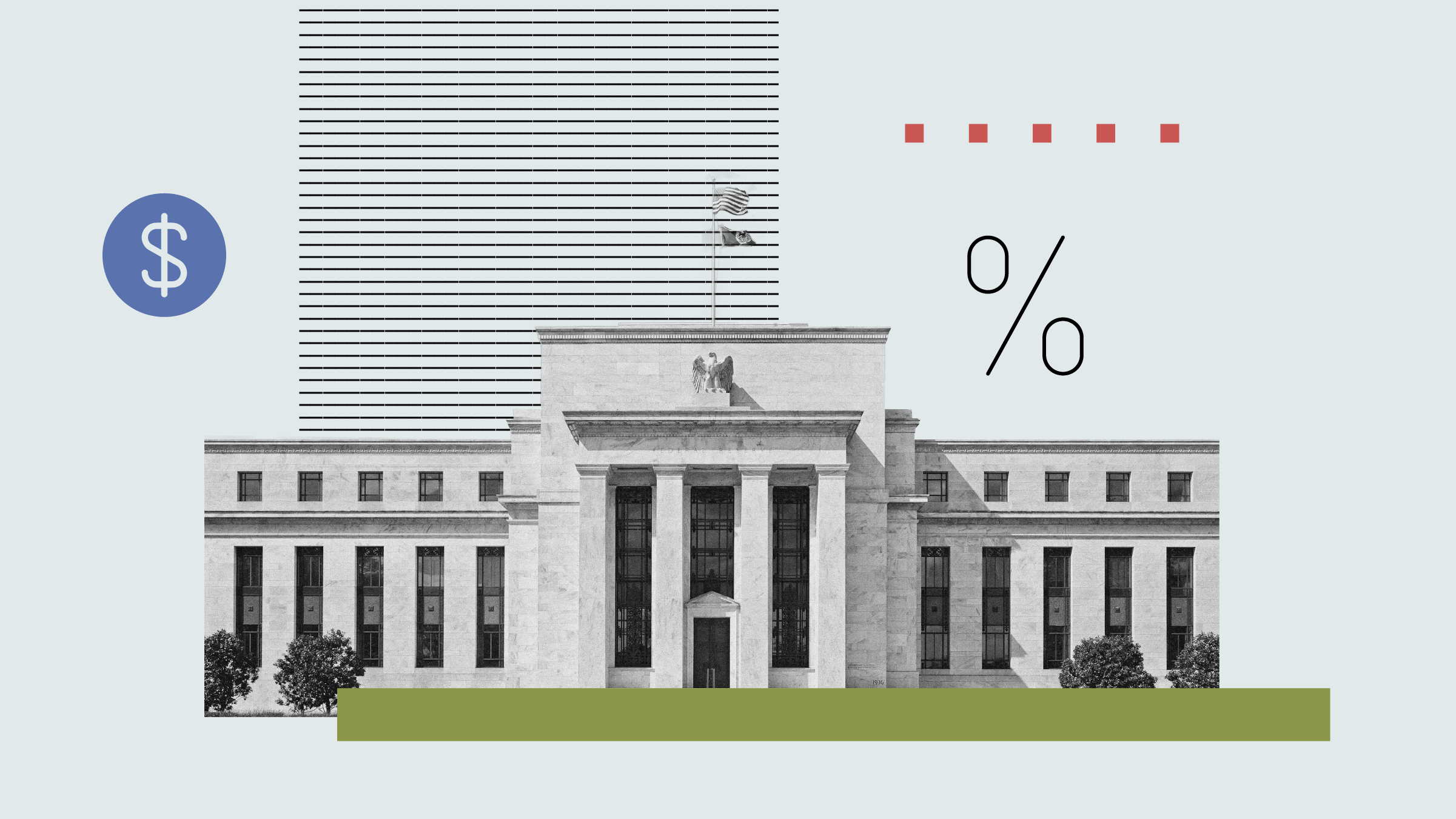Developed market equities came back with a vengeance last year as the market momentum from 2012 continued apace. Whilst the stand-out market in terms of performance over 2013 as a whole was the US, with the S&P 500 index returning over 25% in euro terms, European equities also performed well and the MSCI Europe index was up by around 20%.
European markets benefitted from improving business confidence indicators and PMIs during the course of the year, as well as improvement in economic data, which saw the euro area exit recession in the second quarter. Following the sharp market correction in late May/June, this improving economic data, coupled with more dovish words from central bankers after the initial taper talk, encouraged investors to rebuild weightings in riskier assets and led to double-digit returns for European equity markets in the latter half of the year.
On a country level, better economic news flow and increased business confidence in peripheral Europe as the year progressed meant that a number of those countries outperformed Europe as a whole. Based on the MSCI country indices in euro terms, Greece was up by more than 40%, Ireland by 35% and Spain by 25% in 2013. Reform efforts improved the balance of these economies, with current account deficits coming down. European funds that maintained overweight allocations to these countries therefore benefitted from a performance tailwind during the year.
Over the course of 2013 the picture was mixed in terms of the performance of the main economic sectors in the European markets. Globally, the best and worst returns came from a combination of sectors, although the more cyclical sectors generally led the way, with only industrials, consumer discretionary and financials outperforming in all markets. However, in the UK, telecoms was the strongest performing sector due to the dominance of Vodafone in terms of market cap, which also led telecoms higher up the sector rankings when considering developed Europe as a whole. Looking only at the euro area, technology, financials, industrials and consumer discretionary were the best performing sectors of 2013, all returning more than 25% over the year.
While investors had avoided European-focused companies in previous years, instead looking to companies with international earnings, as 2013 progressed and sentiment in Europe continued to improve, domestic-earning cyclical companies, previously ignored by the market, came more into favour. This precipitated a “value rally” as value outperformed growth on a calendar-year basis in Europe for the first time since 2009. At the same time, the share prices of companies with substantial emerging-markets exposure, such as Nestlé and Unilever, came under pressure due to the slowdown in, and the negative sentiment surrounding, those markets. Indeed, some value-focused fund managers are now seeing increasing opportunities to move back into emerging-markets earners on valuation grounds. There is also a belief that the domestic cyclical value stage has now passed, with the previous valuation anomaly that existed now corrected.
Although many sectors of the market benefitted from a significant rerating in 2013, the energy sector did not; it was one of the worst-performing sectors in European equity markets. Again, some valuation-focused managers are now seeking opportunities in the sector as they believe, with profits warnings beginning to fall away, it is arguably looking cheap, but the average European fund within the IMA Europe sector remains underweight. Despite some managers acknowledging that the underweight position represents a risk should companies in the sector begin to rally, they still have concerns over oil price pressures and the increasing costs these companies face in order to maintain revenue levels.
While it is useful to study valuations and trends at the sector and country level, in a more benign macro environment, company fundamentals have come to the fore more recently. This is in contrast to previous years, when the European landscape was dominated by significant macro news and accompanying shifts in sentiment. Having said that, corporate earnings are yet to really recover, and much of 2013’s market rally was due to a valuation rerating. Therefore, improvement in earnings is now deemed essential by many to keep markets moving forward, as recovery has already been at least partially discounted into valuations. The European managers whom we speak to have noted that correlations in the market have been falling and that stock picking will increasingly make the difference for them this year. That notwithstanding, a number of asset allocators think that Europe has the potential to outperform other markets that were subject to larger increases in valuations in 2013 and as such have less scope for further increases in 2014.
That’s not to say the region doesn’t still face some substantial issues. The emerging recovery in the euro area is fragile, and there remain significant challenges for the region’s policymakers to overcome. Nonetheless, these issues should now be able to be addressed in a more benign environment, free of deep crises and recession. The deflation risk also persists, but with inflation set to remain very low there is breathing space for the European Central Bank to provide further stimulus should growth hit the buffers.
The average IMA Europe (excluding the UK) fund again outperformed the MSCI Europe ex-UK index in 2013, by approximately 80 basis points, following the impressive outperformance in 2012 when the average fund was ahead of the index by around 330 basis points. For investors looking to gain exposure to Continental Europe via an active manager, there are a number of strong funds to choose from that are rated by the analyst team at Morningstar OBSR, including JOHCM Continental European, Henderson Gartmore Continental European, and Cazenove European Equity (ex UK).
This article was written by Morningstar analyst Sam Meakin and originally appeared in International Adviser magazine































